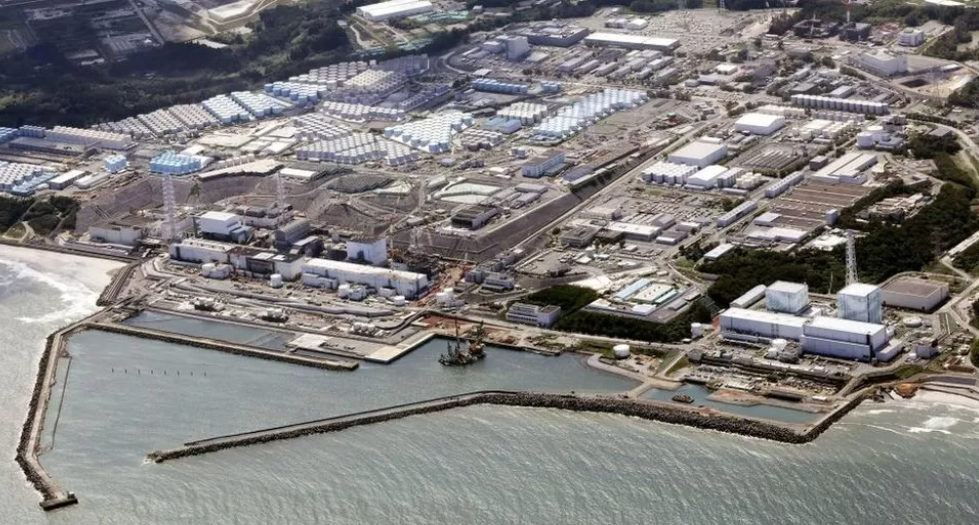(BBC News) Japan has begun its controversial discharge of treated waste water from the Fukushima nuclear plant into the Pacific Ocean, sparking protests in the region and retaliation from Beijing.
China is the biggest buyer of seafood from Japan, and on Thursday it said it would block all such imports.
Japan says the water is safe, and many scientists agree. The UN’s nuclear watchdog has approved the plan.
But critics say more studies need to be done and the release should be halted.
More than one million tonnes of water stored at the nuclear plant are scheduled to be discharged over the next 30 years.
China, which has been the most vocal of opponents since the plan was announced two years ago, called the water discharge an “extremely selfish and irresponsible act,” and said Japan was “passing an open wound onto the future generations of humanity.”
Shortly afterward, China’s customs office announced that an existing ban on seafood imports from Fukushima and some prefectures would be immediately extended to cover the whole of Japan to “protect the health of Chinese consumers.”
The move is calculated to inflict economic damage, and Japan has admitted that businesses will take a “significant” hit. Mainland China and Hong Kong together import more than $1.1 billion in seafood from Japan every year – making up nearly half of Japan’s seafood exports.
But analysts say that the reactions from China are as much motivated by politics as they are by genuine concern.
Tokyo’s relationship to Beijing has deteriorated in recent years as it draws closer to the U.S. and shows support for Taiwan, a self-ruled island claimed by China.
“This incident is more of a symptom than a cause of worsening Sino-Japanese relations,” said Chinese foreign policy expert Neil Thomas with the Asia Society Policy Institute.
“Beijing may have made less of a fuss about the water release if its relationship with Tokyo was in a better place.”
In return, Japan is likely to “reject this criticism, but they are unlikely to do anything provocative,” said James DJ Brown, a professor specializing in Japanese foreign policy at Temple University’s Japan campus.
“While Japan’s government is deeply concerned by what it sees as the aggressive actions of the Chinese Communist Party, they understand that it is in their interests to maintain stable relations with their larger neighbour.”
But it may not need to wait for long. Some observers believe that China may not stick with the ban.
“China’s growing economic difficulties could mean that any ban is relatively brief and narrow, so as to limit the negative impact on Chinese importers and business sentiment,” said Thomas.
https://www.bbc.com/news/world-asia-66577769


